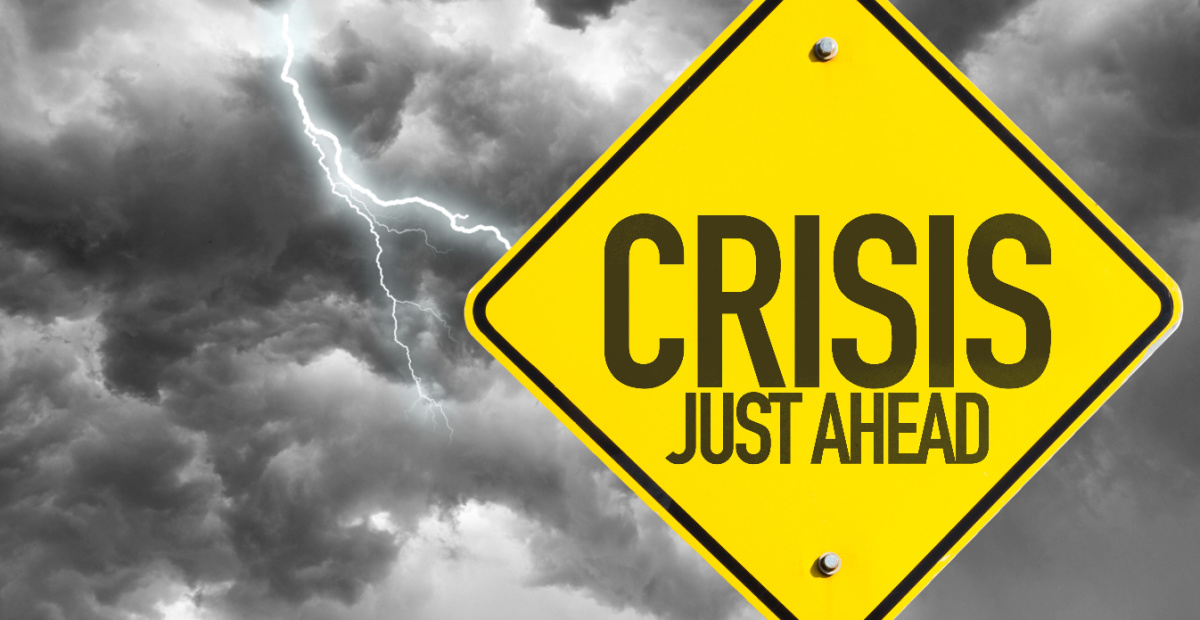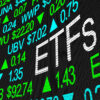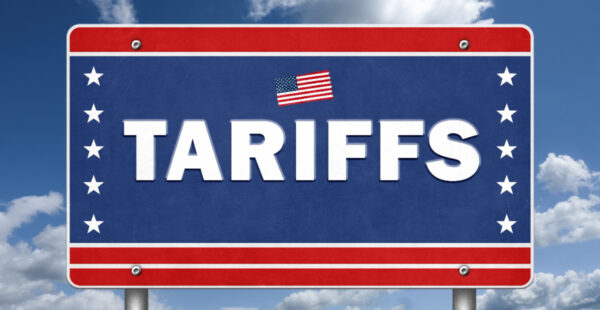Aussie domestic investors ‘foolish’ to ignore global risks

Australian domestic investors cannot ignore global risks such as economic downturns, geopolitical tensions and conflicts, and exchange rate fluctuations, which have real potential to adversely affect local investments, advises Jamie Green, executive chair of Primary Markets.
These global risks have “very real potential to adversely impact various aspects of individual businesses, the local economy, financial markets and, in fact, the entire economy more broadly,” Green said, warning that investors would be “foolish” to ignore them.
He urged investors to embrace wide-ranging diversification in their portfolios to effectively “insulate themselves from global risks as much as possible”.
“This includes diversification across asset classes, geographies, industries and even company sizes,” he said.
“Investing in companies of varying sizes, including large-cap, mid-cap, and small-cap stocks is prudent as different-sized companies can respond differently to economic and market conditions.”
Green cited the Covid crisis as an example of the deleterious consequences of disrupted supply chains, which can negatively affect local businesses that rely on international trade or sourcing for inputs.
He also urged investors, regardless of whether they seek advice, to “conduct their own research on the companies they are looking to invest in and be aware of global economic developments, as well as trends in various industries”.
Investors can also employ risk management strategies such as currency hedging, Green added, which reduces exposure to currency fluctuations, and dollar cost averaging, which is the practice of investing a fixed amount of money at regular intervals regardless of market conditions.
PrimaryMarkets is a dedicated trading platform for unlisted companies.











Even with such wide known Industry Super insurance claims problems, delays, non payments, etc. APRA proves yet again how Regulatory…
What a load of Poppycock ! Rules for Thee but not for ME ! If csnnot see the legal conflict…
So it's acceptable for a Superannuation fund using members' money to waste it in this instance? As trustee's, they have…
Four Years to process multiple Binding Death Nomination form. Four months is the minimum processing time for Australia SuperDeducting Insurance…
This is the equivalent of saying that no Fund should be disadvantaged by the NALI/NALE legislation... oh wait that legislation…